If anyone has a sense of how socioeconomic status (SES) affects the health of patients, it is Urjeet A. Patel, MD.



Laser involution of early stage glottic cancer-with complete treatment of the malignancy weeks after the first session-appears to offer long-term control of the disease while preserving excellent voice function, researchers reported at the 88th annual meeting of the American Broncho-Esophagological Association (ABEA).

During her presentation at the 2007 Combined Otolaryngology Spring Meeting in San Diego, Dana M. Hartl, MD, PhD, from the Department of Otolaryngology Head and Neck Surgery at the Institut Gustave Roussy in France, described her findings from a retrospective, bi-institutional study designed to review the results of a large series of patients with early glottic squamous cell carcinoma treated with curative intent by transoral laser resection.
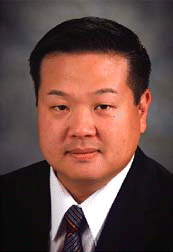
The targeted therapies erlotinib and cetuximab, in combination with standard chemotherapy regimens, are well tolerated and have very encouraging activity in recurrent/metastatic head and neck squamous cell carcinoma, according to two presentations at the American Society of Clinical Oncology (ASCO) 2007 Annual Meeting in Chicago.
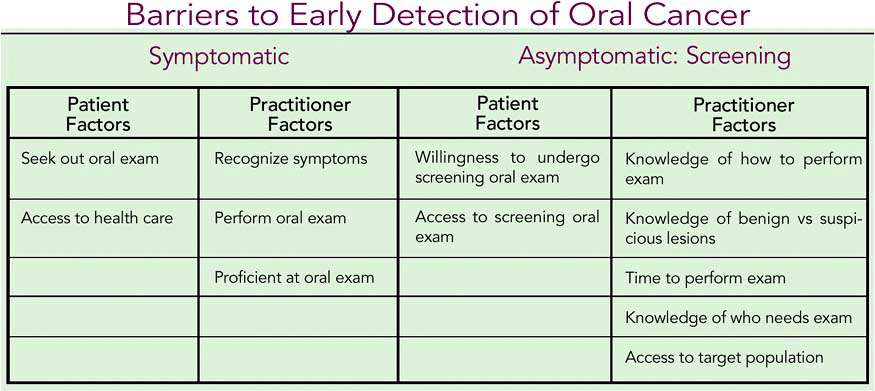
Oral screening exams are inexpensive, are easy to perform, and have the potential to reduce the annual global mortality for oral cancer by tens of thousands of people.
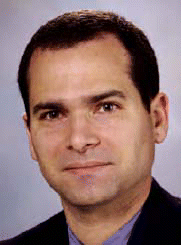
According to the American Cancer Society, smokers are six times more likely than nonsmokers to develop oral cavity and oropharyngeal cancers.

Gene therapy as a treatment for cancer has advanced from the theoretical to the possible: in a pilot study published in August in the journal Science, investigators reported that two of 17 patients with advanced melanoma responded to a treatment known as genetically engineered therapy.
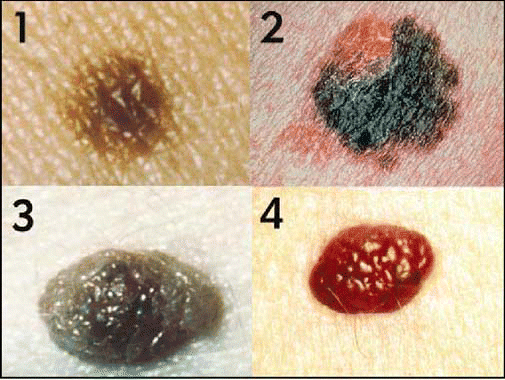
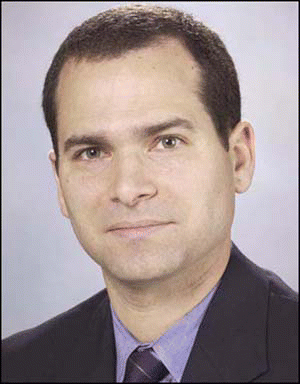
Despite much belief to the contrary, tobacco control has been a major public health success over the last four decades.
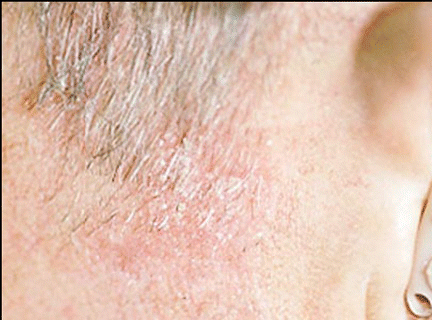
Doctors who deal with head and neck surgery often are the ones to first diagnose and potentially treat a variety of facial lesions-and they are more and more often finding themselves dealing with lentigo maligna.